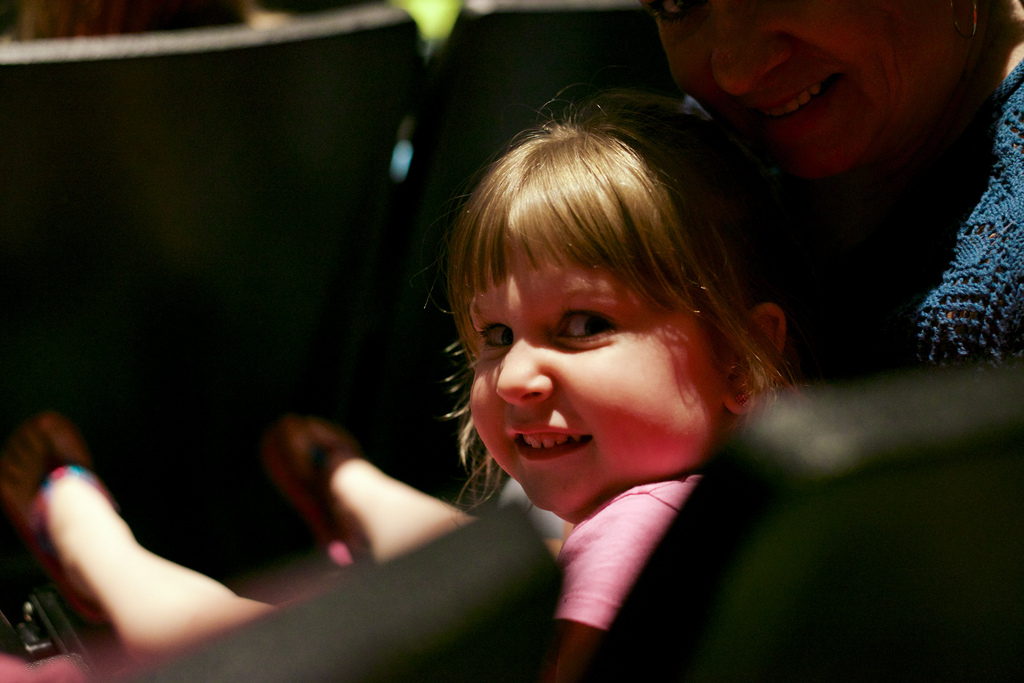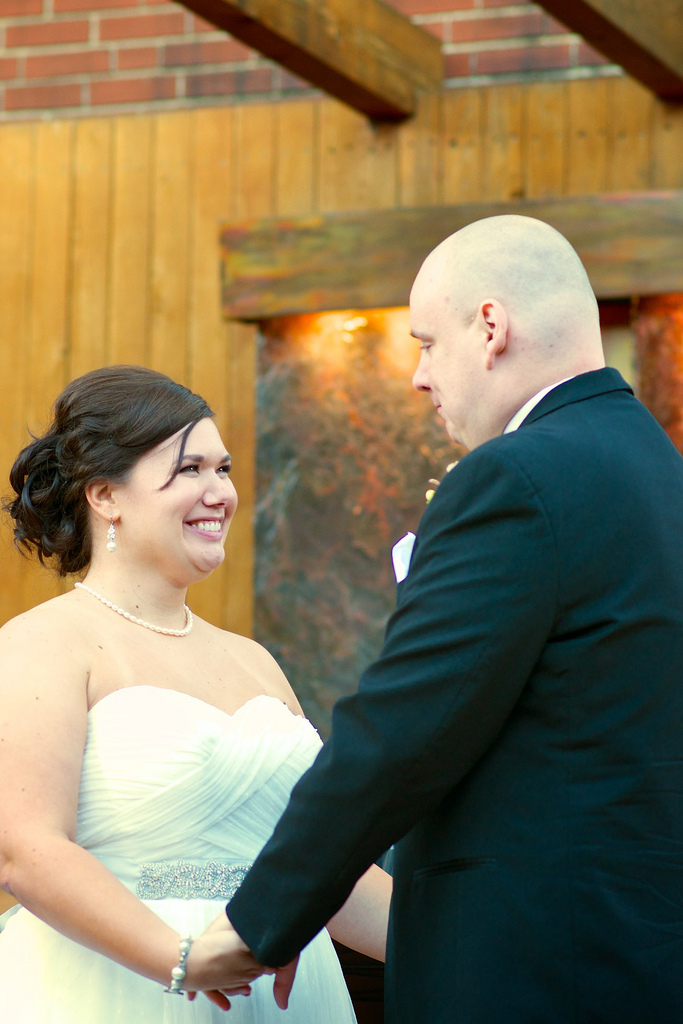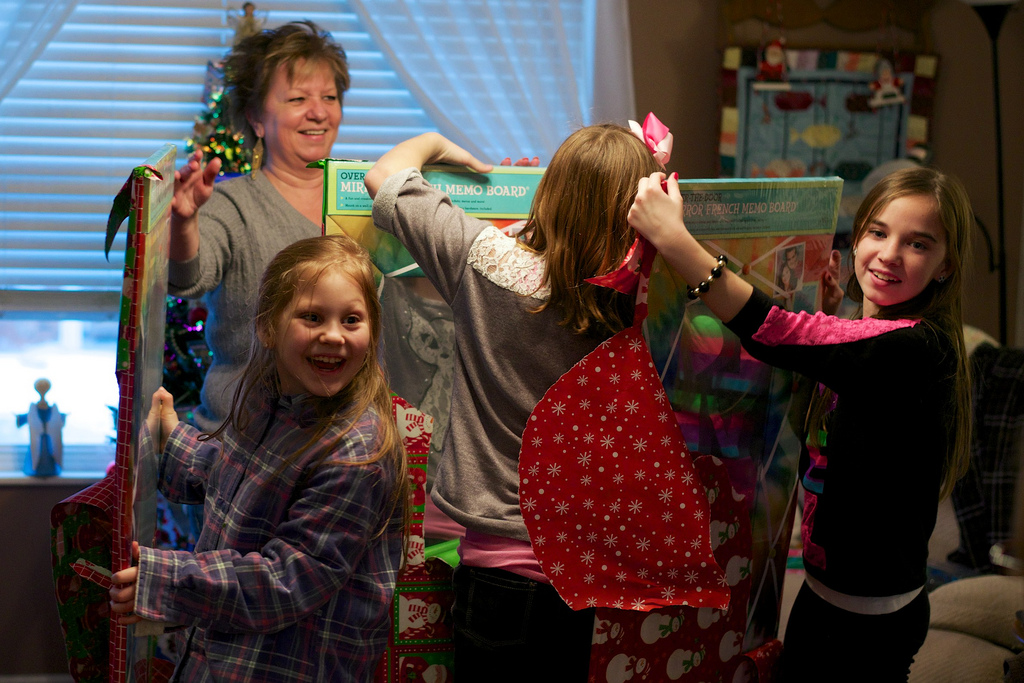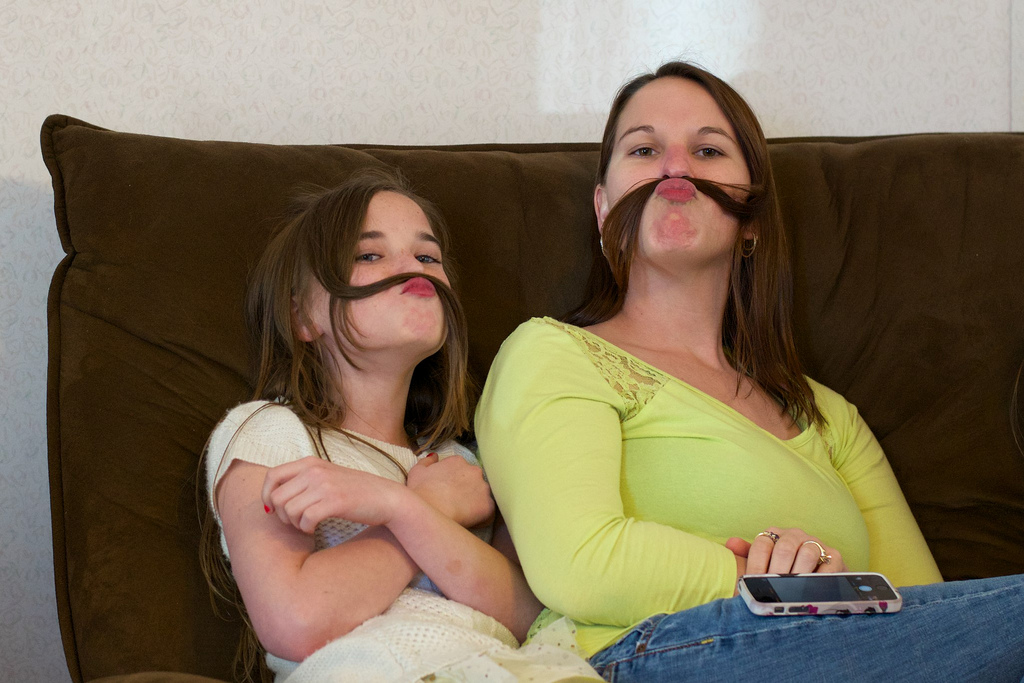Something many of us have dealt with is distraction with electronic devices. This growing phenomenon sprouted with the advent of high-speed Internet, got worse with the smart phone, quickly slid further with tablets and Wi-Fi wherever you go!
With this great technology comes great responsibility, and great cost. We’re always connected, but with whom? Those “People of the Internet” as I call them in my house, or people on Facebook, Twitter, etc. who are on your device, but not present regularly in your physical life, what lasting enjoyment are they giving you?
I find it interesting to see people in stores walking next to each other, but on their phones, or people in cars and all the passengers are on their phones (sadly, even some drivers). Or the best, dinner out with friends, where dinner is somehow social with the people present, yet the diners are present only with the People of the Internet. This activity has gotten so prevalent it has spawned a Phone Stack game – all phones are stacked on the table and whoever cannot resist picks up the tab. My question: what are we missing? Do the People of the Internet care farther than fleetingly if you comment on their blog, read their article or like their status?
To me, it’s interesting what an alternate reality the Internet, smart phones and tablets play in our culture today. It can quickly turn into a time suck. I remember when my family first got the Internet at home when I was fourteen. I found myself addicted to it and quickly decided that wasn’t a way to spend my time. I interacted with people online, sure, but what real, tangible benefit did those conversations give me in my real life?
My husband pointed out my last statement made it sound like I was trashing all of the interaction on the Internet, which is not what I meant here, so here is my edit: Much can be learned from the Internet, but I would like to wager many of us are not engaged on the Internet to that degree during much of our time spent on the Internet. Here is a favorite Clay Shirky quote of mine to illustrate such:
This linking together in turn lets us tap our cognitive surplus, the trillion hours a year of free time the educated population of the planet has to spend doing things they care about. In the 20th century, the bulk of that time was spent watching television, but our cognitive surplus is so enormous that diverting even a tiny fraction of time from consumption to participation can create enormous positive effects.
We are capable of so much more than we are doing – imbibe what makes you stronger and create and collaborate with others. The Internet has made such activities immeasurably easier to do, yet, it also brought time sucks like Facebook, some strands of Reddit, etc. to which I was above referring by my statement in question.
I would rather be present in the lives of those physically around me so as to not miss those all too fleeting moments that make up life. When with friends and family, I want to make them feel valued by me. I want to always feel connected to my husband in our time at home together. Now that I have Kari, it is even more imperative to make sure she feels appreciated, important and loved.
I am so glad I have been present for moments like these:





People are not moments in time that will be there when you get off the Internet. Time for them keeps moving on.
If you are still not convinced about putting down your device to be more present, please see what these NPR articles have to say:
For the Children’s Sake, Put Down That Phone